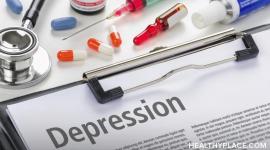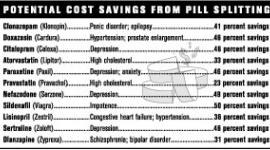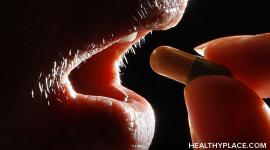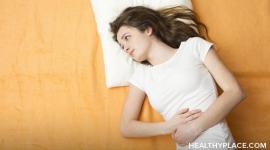Antidepressants and Alcohol Don’t Mix
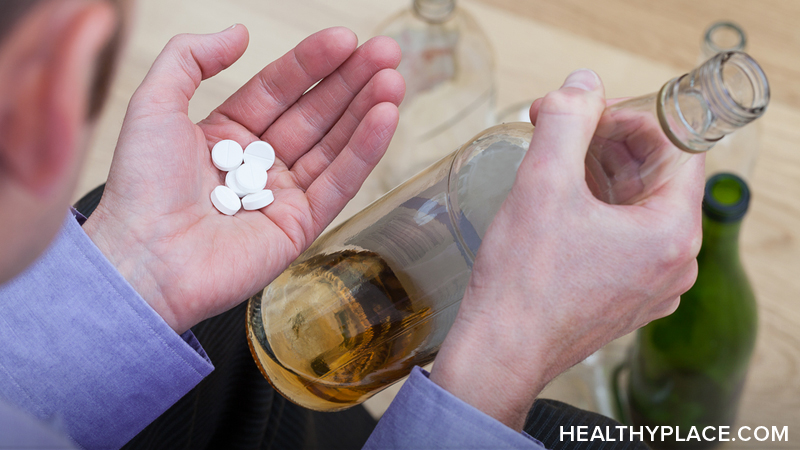
All antidepressants carry the warning not to mix them with other medication without medical consultation, and, specifically, not to mix antidepressants and alcohol at all. You should not drink alcohol with antidepressants like both because alcohol can interact badly with the drug and cause negative side effects, and because alcohol can make depression worse.
Depression and Alcohol
Alcohol is known as a "depressant" drug due to its effect on the body. In addition to reducing inhibitions, increasing talkativeness and slowing reaction times, alcohol can also increase depression symptoms both when drinking and afterward.
Alcohol may negatively affect depression by:1
- Decreasing quality of sleep (decreasing REM sleep)
- Inducing sedation, anger and depression (as alcohol levels are falling)
- Worsening depression symptoms over time (chronic drinking reduces serotonin function – one suspected cause of depression)
- Creating hangover effects such as nausea and vomiting
Antidepressants and Alcohol
Alcohol can also reduce the effectiveness of antidepressants, making you feel more depressed and possibly making your depression harder to treat. In addition to directly making you feel more depressed, taking antidepressants and alcohol together can:2
- Increase drowsiness, particularly when combined with other medications like sleeping or anti-anxiety drugs
- Cause a dangerous spike in blood pressure when monoamine oxidase inhibitor antidepressants and drinking alcohol are combined
- Make you prone to alcohol abuse as those with depression are known to be at a higher risk of drug abuse and dependence
- Increase antidepressant side effects
APA Reference
Tracy, N.
(2022, January 4). Antidepressants and Alcohol Don’t Mix, HealthyPlace. Retrieved
on 2026, February 23 from https://www.healthyplace.com/depression/antidepressants/antidepressants-and-alcohol-dont-mix
